
the new code A Designer’s Guide To Flexbox, Part 2 Going Vertical
Before the Flexbox Layout module, there were four layout modes: Block, for sections in a webpage. Inline, for text. Table, for two-dimensional table data. Positioned, for explicit position of an element. The Flexible Box Layout Module, makes it easier to design flexible responsive layout structure without using float or positioning.

Cross Browser Flexbox Support + Autoprefixer!! Tutorial 13 of 20 💪 YouTube
A community-curated list of flexbox issues and cross-browser workarounds for them. - GitHub - philipwalton/flexbugs: A community-curated list of flexbox issues and cross-browser workarounds for them.

Everything You Need To Know About Automated CrossBrowser Testing (UPDATED) [April 2023] Qnnit
Cross browser compatibility. Flexbox support is available in most new browsers — Firefox, Chrome, Opera, Microsoft Edge and IE 11, newer versions of Android/iOS, etc. However you should be aware that there are still older browsers in use that don't support Flexbox (or do, but support a really old, out-of-date version of it.).
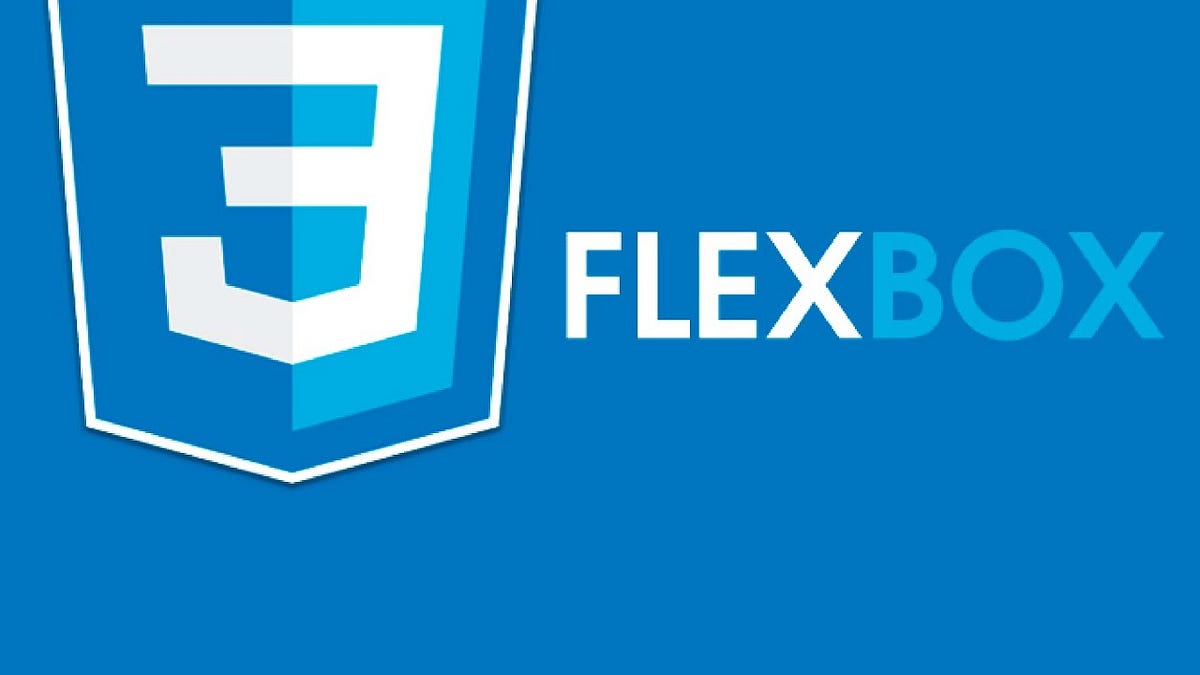
What is FlexBox?. Flexbox, a new technology, coming with… by ADNAN NAEEM BlueEast Medium
Note: A good way to generate cross browser Flexbox code, and learn about the syntax different browsers use, is to use the Flexy Boxes tool. Adding in simple media queries for narrow and wide screen layouts. In the end, I did decide to put in a couple of media queries, just to fix the layout at narrow screen widths. But please take note of how.

Flexbox cross browser funkiness Adobe Support Community 7175660
The snippet above organized the flexible

reflex a lightweight responsive flexbox grid with cross browser support, an inlineblock
Step 1 is to set our main content to the 60%. Step 2 is to set the outside sidebars to fill the remaining space equally. Again we need to weave together old, new, and tweener syntaxes. In the new syntax, setting the width for the sidebars isn't necessary as it will fill the remaining 40% equally making them both 20%.

Normalizing Crossbrowser Flexbox Bugs Browser, Bugs, Sticky footer
Flexbox CSS generator A Complete Guide to Flexbox Tutorial on cross-browser support 10up Open Sources IE 8 and 9 Support for Flexbox Flexbugs: Repo for flexbox bugs Ecligrid - Mobile first flexbox grid system The Difference Between Width and Flex-Basis Examples on how to solve common layout problems with flexbox Flexbox playground and code.

Cross Browser Testing With TestCafe and Azure Pipelines Dev Tester
Flexbox provides a property called flex-direction that specifies which direction the main axis runs (which direction the flexbox children are laid out in). By default this is set to row , which causes them to be laid out in a row in the direction your browser's default language works in (left to right, in the case of an English browser).

Cross Browser Testing Tool Sauce Labs
IE9-, unfortunately, doesn't support Flexbox at all. IE10 supports the 2011 version. Opera 12.1+ supports the latest 2012 version unprefixed. It will also be supported by Chrome 30+ and IE11+. Firefox 22 already supports it, too, but only partially — it doesn't support flex-wrap property and flex-flow shorthand.
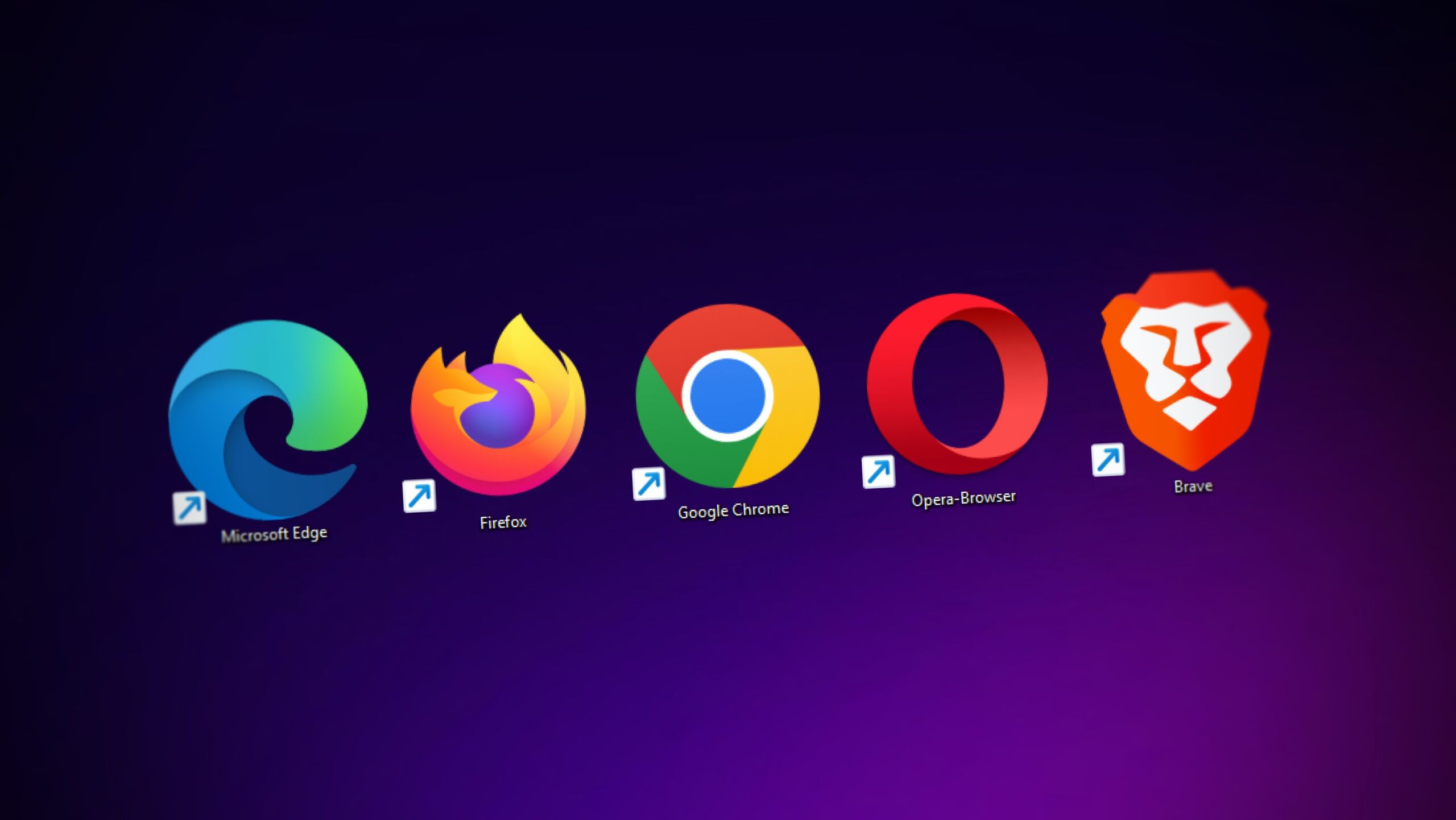
Cross Browser Testing Tools in 2022 Automated Browser Testing
With built in free VPN, Ad Blocker, Battery Saver and Video Pop-out to multitask
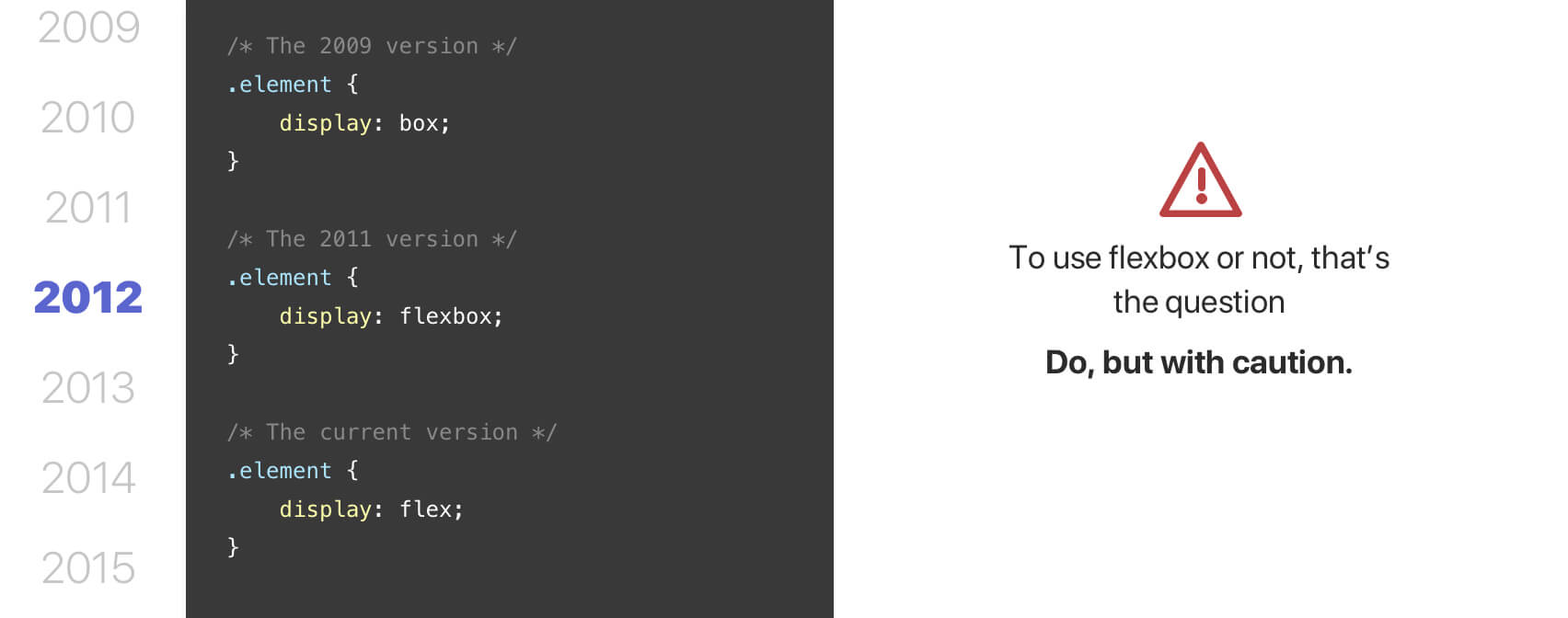
The State of CSS CrossBrowser Development
Basic concepts of flexbox. The flexible box layout module, usually referred to as flexbox, was designed as a one-dimensional layout model, and as a method that could offer space distribution between items in an interface and powerful alignment capabilities. This article gives an outline of the main features of flexbox, which we will be.
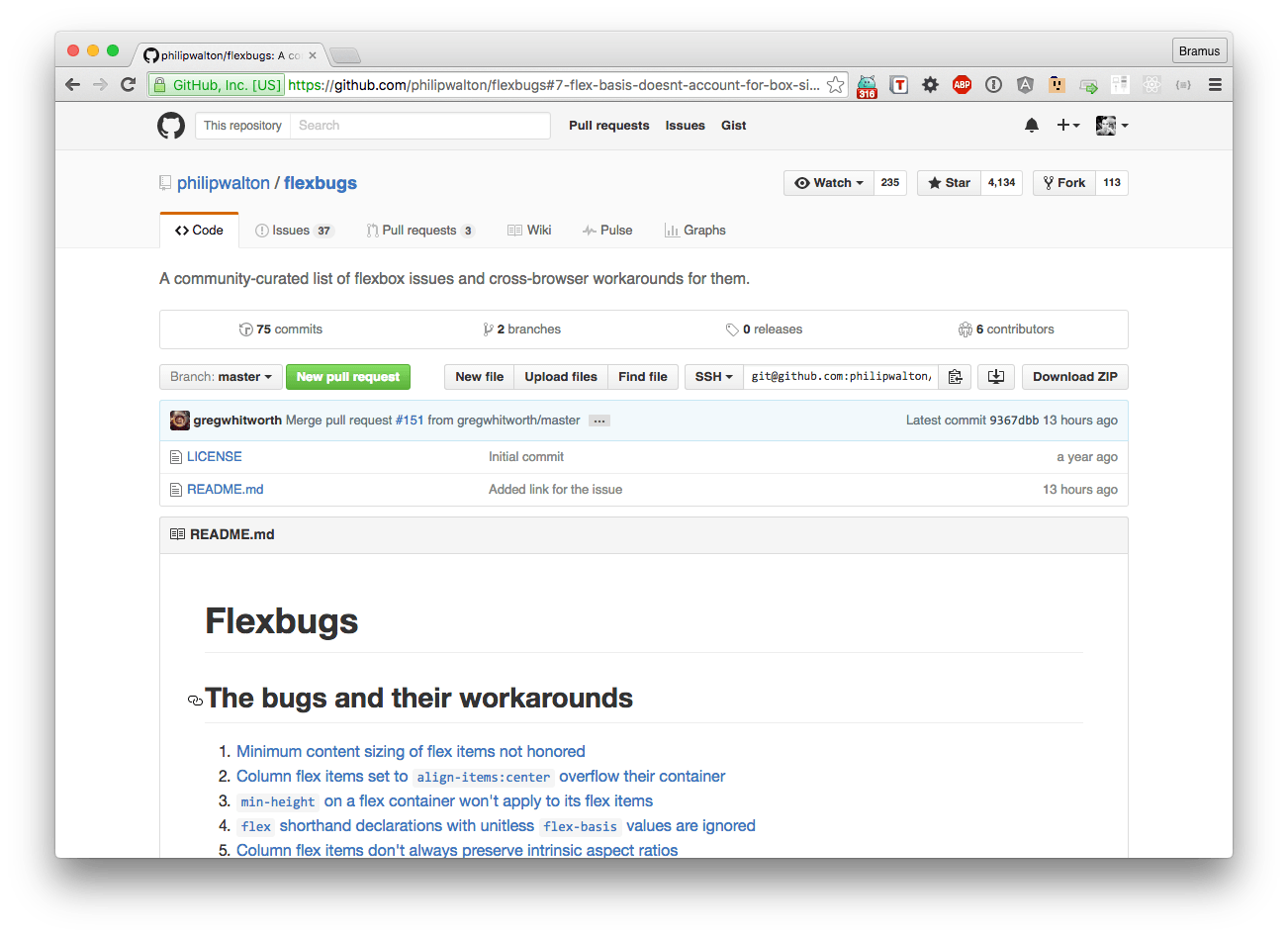
Flexbugs Flexbox issues and crossbrowser workarounds for them. Bram.us
Using flexbox here will cause some significant browser inconsistencies. button button button. If you're not viewing this in Chrome, it may look wrong. That's the point of this post. Here's the basics of how it's supposed to work: I won't go into the ins and outs of what I did there, but I'll explain it briefly.

The State of CSS CrossBrowser Development
Cross-browser Flexbox mixins. This article provides a set of mixins for those who want to mess around with flexbox using the native support of current browsers. This set uses: Fallbacks using 2009 'box' syntax (FF and Older WebKit) and prefixed syntaxes (IE10, WebKit browsers without flex wrapping)
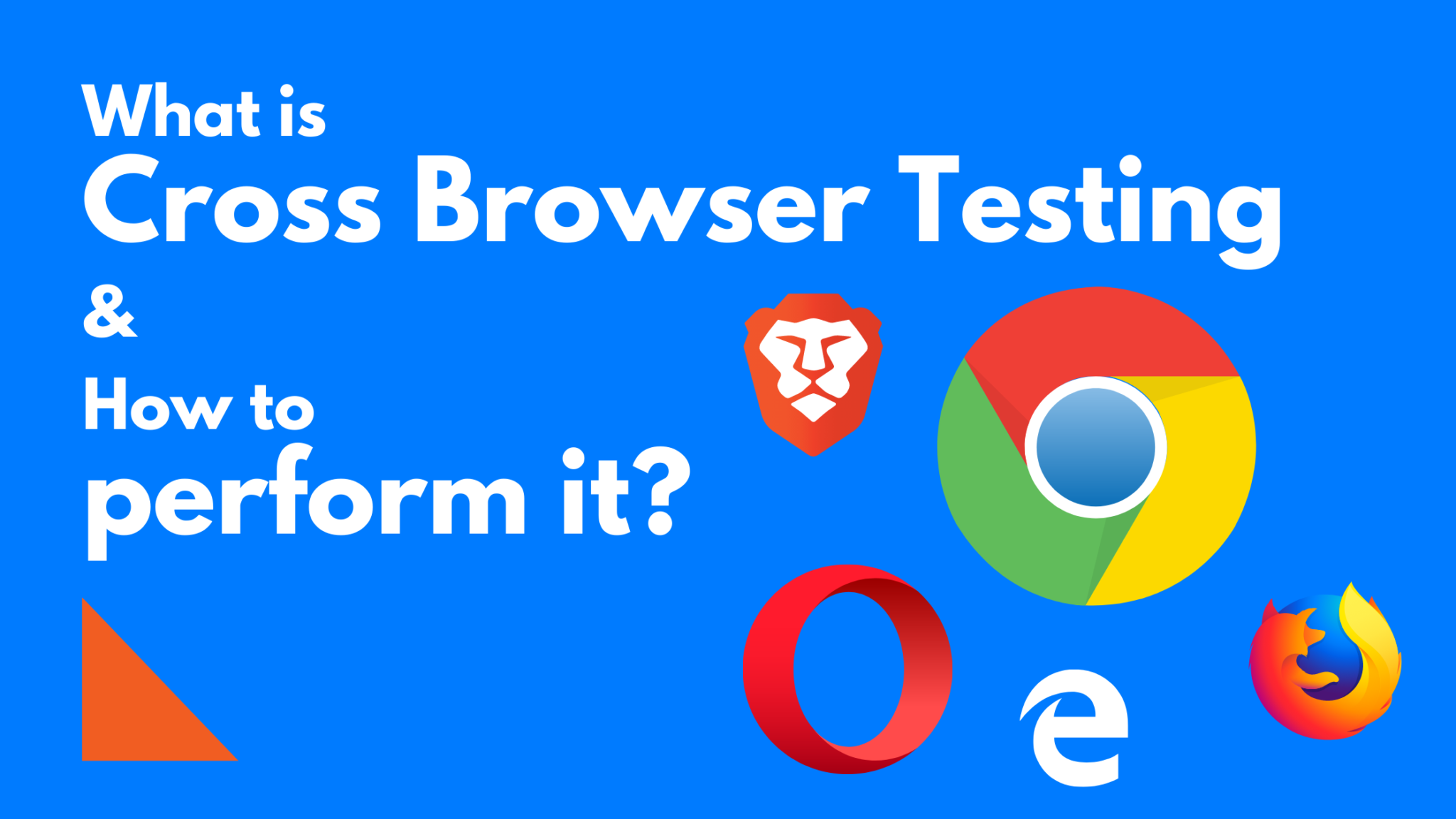
What is Cross browser testing? How to do it?
The following is a list of bugs I encountered while trying to get my sticky footer demo to work cross-browser: In IE 10-11, flex items ignore their parent container's height if it's set via the min-height property. Chrome, Opera, and Safari fail to honor the default minimum content sizing of flex items. IE 10-11 don't allow unitless flex.

Crossbrowser issues with Flexbox fastfwd
The Cross Axis. The align-items and align-self properties control alignment of our flex items on the cross axis, down the columns if flex-direction is row and along the row if flex-direction is column. We are making use of cross-axis alignment in the most simple flex example. If we add display: flex to a container, the child items all become.

Using gulp we apply autoprefixer to our flexbox css so that it is cross browser friendly YouTube
The key to understanding flexbox is to understand the concept of a main axis and a cross axis. The main axis is the one set by your flex-direction property. If that is row your main axis is along the row, if it is column your main axis is along the column. Flex items move as a group on the main axis.